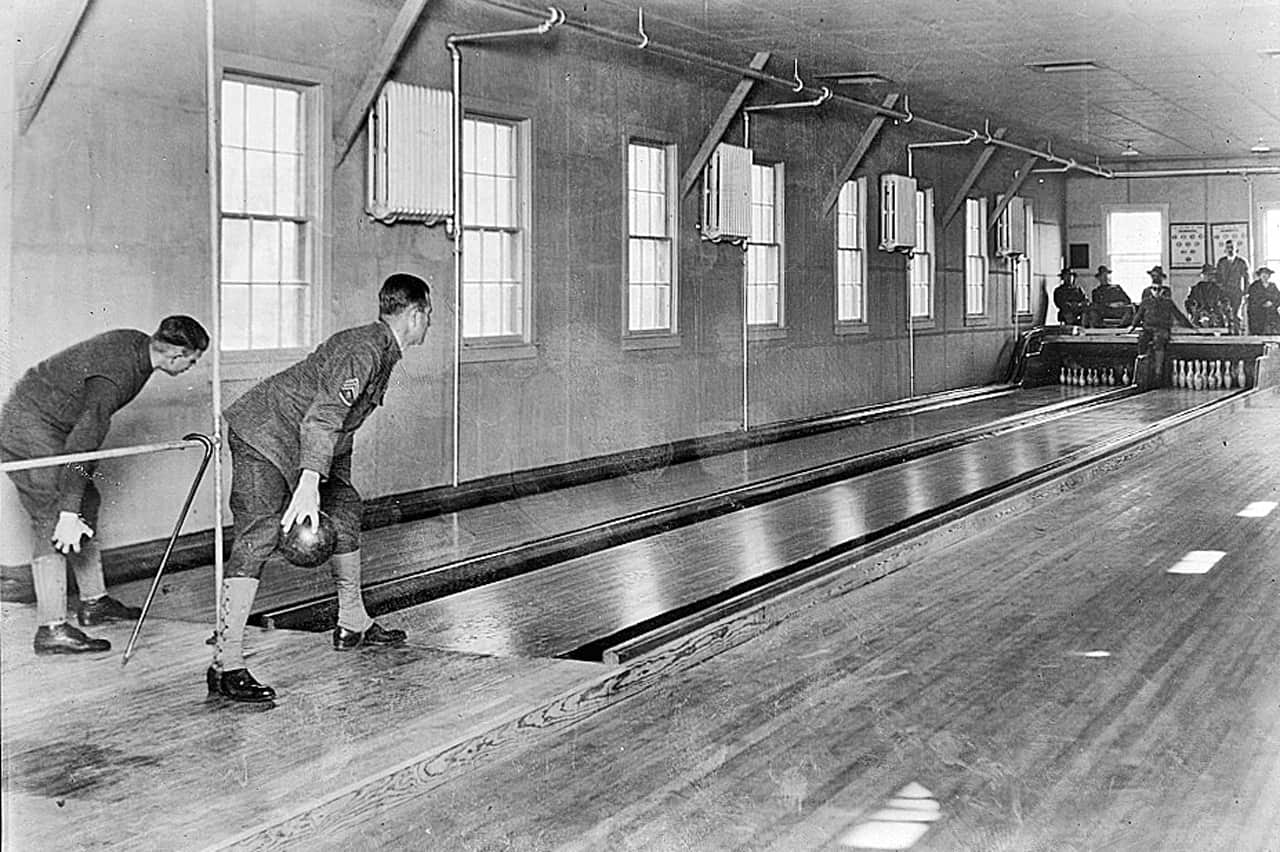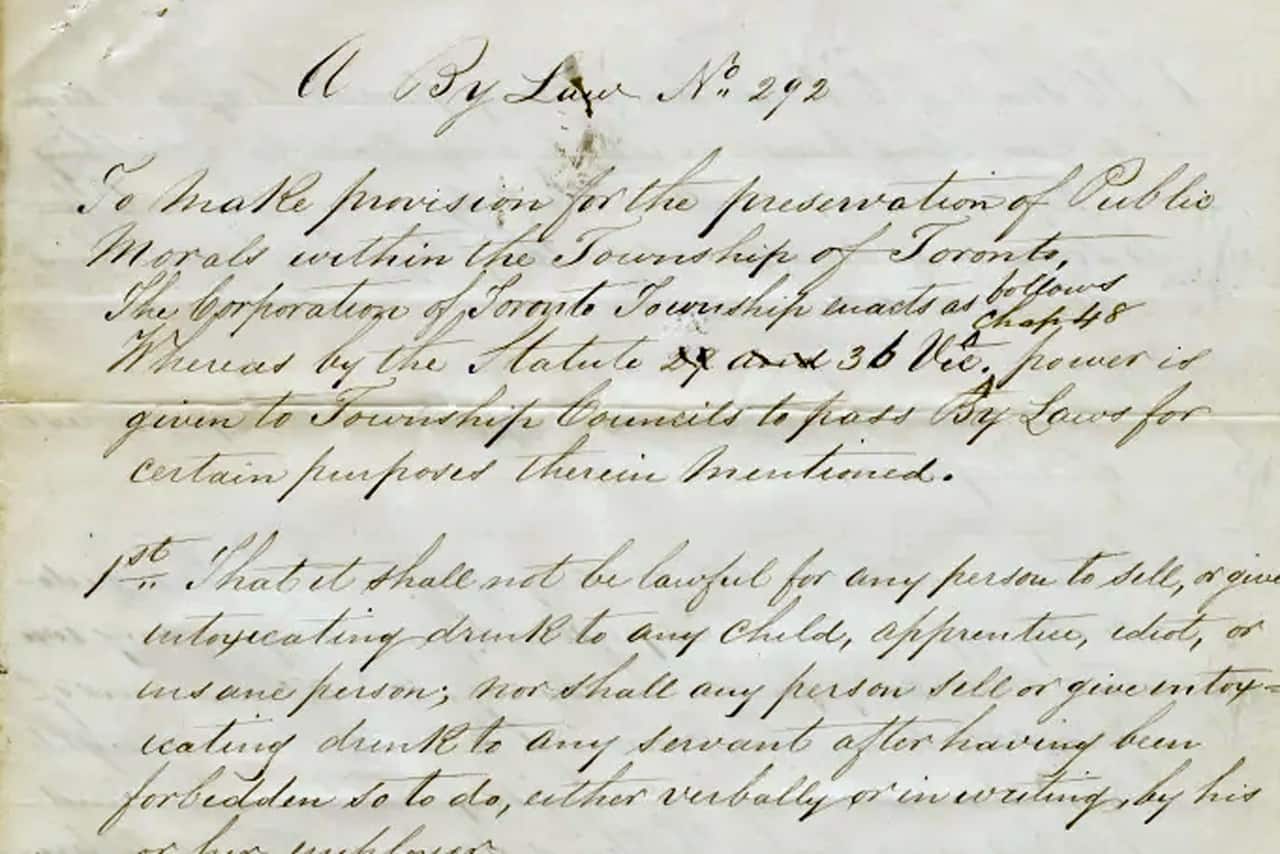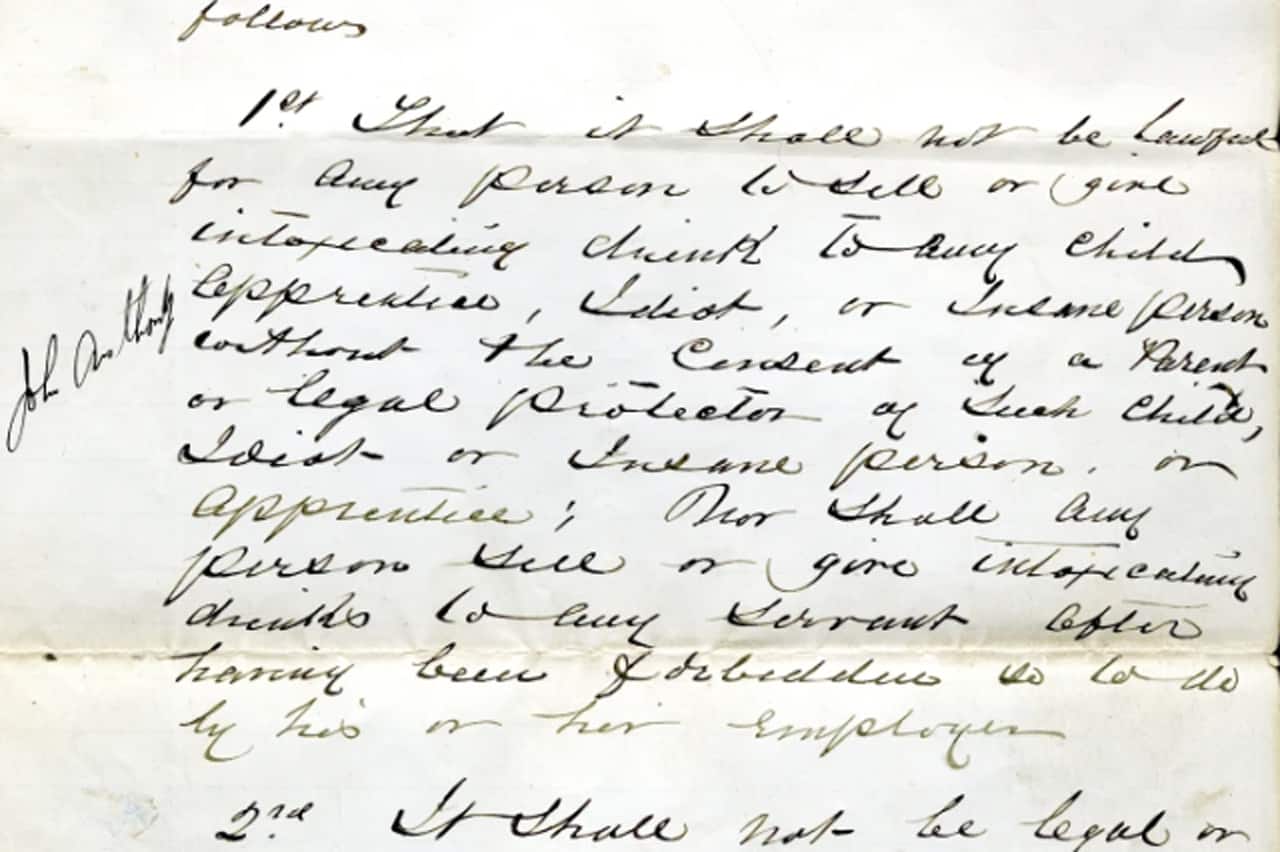Owning a bowling alley used to be illegal in Mississauga and Brampton: historic bylaws
Published February 9, 2023 at 1:27 pm

Times have changed and so have city bylaws.
Mississauga residents may be aware of the city’s more unusual bylaws — such as the entire bylaw dedicated to clotheslines and another for wayward shopping carts.
But if people think bylaws are strange today, the rules were also pretty bizarre a hundred years ago.
In the mid and late 1800s, there was a movement to preserve public morals. Toronto elected moral crusader William Holmes Howland in 1886 and several bylaws designed to regulate “morality” followed in 1890, according to the City of Toronto.
Bylaws prohibited selling alcohol to children, gambling and swearing.
But it appears Brampton and the Township of Toronto (now Mississauga) were ahead of the game.
According to the Peel Art Gallery Museum and Archives (PAMA), bylaws to preserve public morals were passed in 1873 in the Village of Brampton and 1874 in the Township of Toronto.
“The bylaws use remarkably similar language, suggesting that the two councils either corresponded about the bylaw, or perhaps copied the text from a template provided by the Province,” the archives notes.

The bylaw documents start with: “To make provision for the preservation of Public Morals…”
Among the stricter bylaws were the regulations around gambling.
In both communities, it was illegal to “open or keep a bowling alley for hire or profit.”
Like today, there were laws related to the consumption of alcohol but at this time there were some odd additions.
“That it shall not be lawful for any person to sell or give intoxicating drinks to any child, apprentice, idiot, or insane person without the legal consent of a parent or legal protector of such child, idiot or insane person or apprentice,” the Brampton bylaw reads.

The same bylaw applied in the Township of Toronto.
It was also illegal to utter obscene, blasphemous, or “grossly insulting language.” It would be difficult to hand out tickets for that offence today.
But many of the bylaws enacted at that time, remain in a similar form today. There were laws banning graffiti and being drunk or disorderly in public.
There was a bylaw against indecent exposure but with the added provision that people couldn’t swim naked between the hours of 5 a.m. and 8 p.m. So began midnight skinny dipping presumably.
Fines for breaking these bylaws ranged from $2 to $20 with possible jail time for people who didn’t pay.
For more on historic bylaws in Peel, visit the Peel Art Gallery Museum and Archives (PAMA) blog page here.
INsauga's Editorial Standards and Policies








